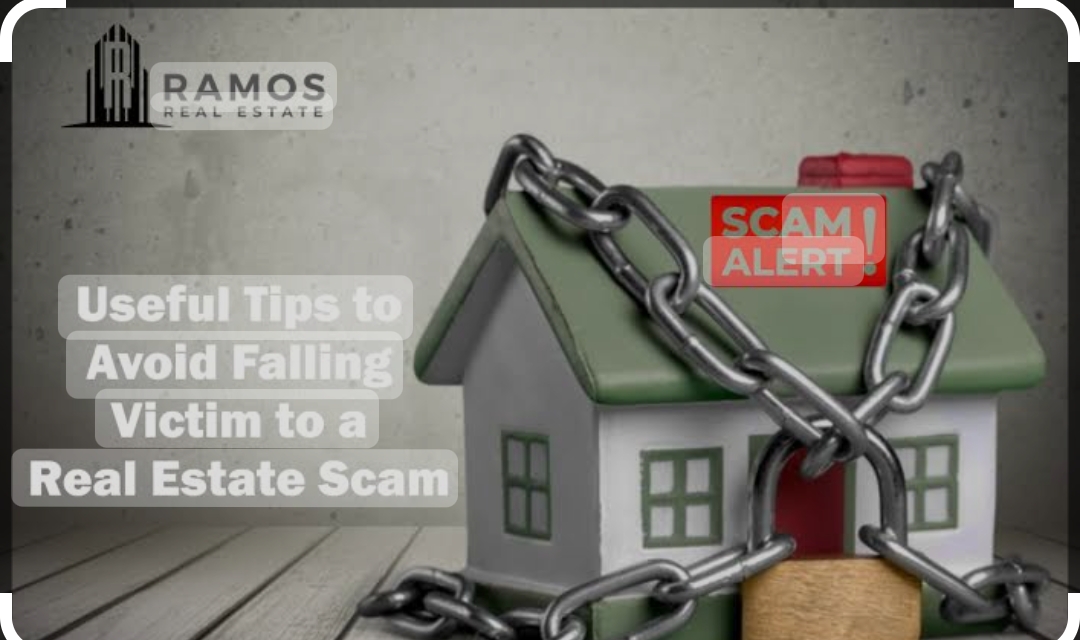In the ever-evolving landscape of real estate, Keighley stands as a vibrant hub of property transactions. However, amidst the bustling market, there lurk certain pitfalls that unsuspecting buyers and sellers can fall into. Property scams, in particular, pose a significant threat to individuals navigating the complex world of real estate. From fraudulent estate agents to dubious investment schemes, these scams can wreak havoc on your finances and peace of mind. In this guide, we’ll explore some of the most prevalent property scams in Keighley and provide you with actionable tips on how to steer clear of them.
1. Bogus Estate Agents: One of the most common scams involves fake estate agents who operate without proper licensing or credentials. These individuals may pose as legitimate agents, promising lucrative deals and enticing offers. However, behind their smooth talk lies a web of deceit designed to swindle unsuspecting buyers and sellers. To avoid falling victim to bogus estate agents, always verify the credentials of any agent you’re considering working with. Check if they are registered with reputable industry bodies such as the National Association of Estate Agents (NAEA) or the Association of Residential Letting Agents (ARLA). Additionally, ask for references and conduct thorough research before engaging their services.
2. Property Flipping Schemes: Property flipping schemes involve purchasing a property at a low price, making superficial renovations, and then selling it at an inflated price to unsuspecting buyers. While legitimate property flipping can be a lucrative investment strategy, unscrupulous individuals may engage in fraudulent practices, such as misrepresenting the value of the property or concealing defects. To protect yourself from falling prey to such schemes, always conduct due diligence before investing in a flipped property. Hire a qualified surveyor to inspect the property thoroughly and assess its true value. Additionally, be wary of any deals that seem too good to be true and trust your instincts if something feels off.
3. Rental Scams: Rental scams target both landlords and tenants, promising rental properties at below-market rates or requesting upfront payments for non-existent properties. In some cases, scammers may hijack legitimate rental listings and pose as the property owner or agent to defraud prospective tenants. To avoid rental scams, always verify the identity of the landlord or agent before making any payments. Request to see official documentation, such as a tenancy agreement or proof of ownership, and be cautious of any requests for wire transfers or cash payments. If possible, arrange to view the property in person before committing to a rental agreement.
4. Mortgage Fraud: Mortgage fraud occurs when individuals provide false information or engage in deceptive practices to obtain a mortgage loan. This can include misrepresenting income, inflating property values, or fabricating employment history. In some cases, unscrupulous mortgage brokers or lenders may collude with borrowers to facilitate fraudulent loans. To protect yourself from mortgage fraud, always be honest and transparent when applying for a mortgage. Provide accurate financial information and be wary of any lenders or brokers who pressure you into falsifying documents. Before signing any loan agreements, review the terms and conditions carefully and seek independent legal advice if necessary.
5. Online Property Scams: With the rise of online property listings, scammers have found new ways to exploit unsuspecting buyers and sellers. Common online scams include phishing schemes, where scammers pose as legitimate agents or property owners to obtain personal information or financial details. To avoid falling victim to online property scams, exercise caution when interacting with unknown parties online. Avoid sharing sensitive information, such as bank account numbers or social security numbers, and be wary of any requests for upfront payments or wire transfers. When in doubt, verify the identity of the individual or agency through independent sources and trust your instincts if something seems suspicious.
In conclusion, while the property market in Keighley offers numerous opportunities for buyers and sellers alike, it is essential to remain vigilant and informed to avoid falling victim to common scams. By familiarising yourself with the warning signs of fraudulent activity and taking proactive measures to protect your interests, you can safeguard your finances and investments against potential threats. Remember to always verify the credentials of estate agents in Keighley, conduct thorough due diligence before entering into any property transactions, and trust your instincts if something seems too good to be true. With diligence and awareness, you can navigate the real estate landscape with confidence and peace of mind.




